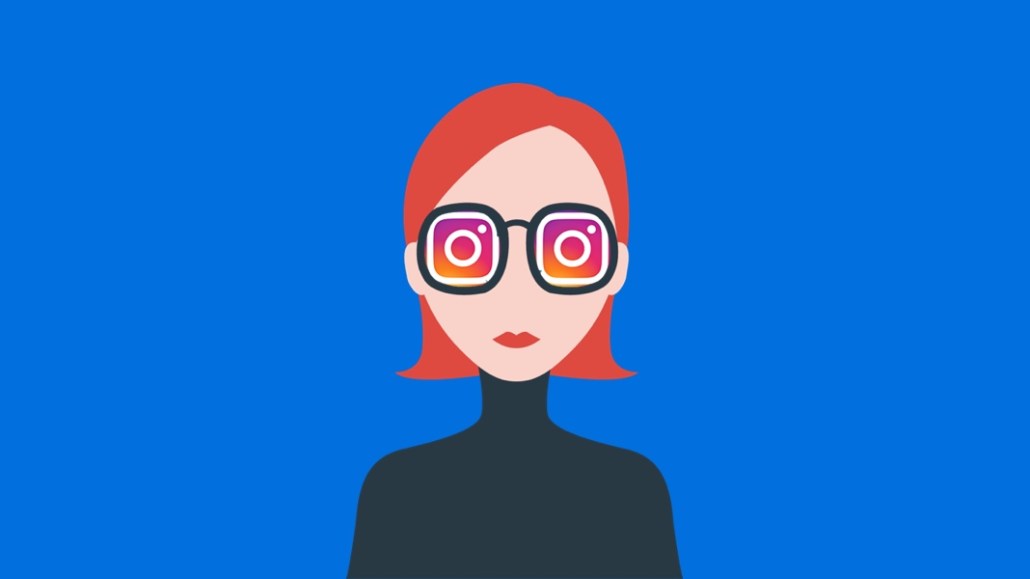Secure your place at the Digiday Media Buying Summit in Nashville, March 2-4
Alphabet’s YouTube revenue disclosure could pressure Instagram to share some money with creators, publishers

If Instagram decides to finally start sharing its advertising revenue with media companies and individual video creators, they may have YouTube to thank.
On Feb. 3, Alphabet finally shed some light on the size of YouTube’s advertising business. The holding company reported that the video platform company generated $15.1 billion in advertising revenue in 2019. A day after Alphabet’s disclosure, Bloomberg reported that Facebook-owned Instagram realized $20 billion in advertising revenue last year.
Not only does Instagram reportedly rake in more ad dollars than YouTube, but Instagram does not share a portion of that money with the creators and media companies that distribute content on its platform. That’s different from YouTube’s practices. In fact, the “majority” of YouTube’s advertising revenue goes to creators and media companies, Alphabet CFO Ruth Porat said during the company’s fourth-quarter earnings call.
Instagram has offered tools for media companies and creators so they can post content that marketers pay for. Nonetheless, Instagram also makes money when these marketers opt to promote their posts as ads on the platform, but it does not share that ad revenue with the media companies or creators.
Media companies and creators have already been calling for platform companies including Instagram to follow YouTube’s example and introduce a revenue-sharing program. These content producers argue that the material they post on these platforms helps in attracting and retaining audiences, which in turn brings in advertising. The back-to-back revelations about the value of YouTube’s and Instagram’s advertising businesses could amplify those pleas.
More in Media

From feeds to streets: How mega influencer Haley Baylee is diversifying beyond platform algorithms
Kalil is partnering with LinkNYC to take her social media content into the real world and the streets of NYC.

‘A brand trip’: How the creator economy showed up at this year’s Super Bowl
Super Bowl 2026 had more on-the-ground brand activations and creator participation than ever, showcasing how it’s become a massive IRL moment for the creator economy.

Media Briefing: Turning scraped content into paid assets — Amazon and Microsoft build AI marketplaces
Amazon plans an AI content marketplace to join Microsoft’s efforts and pay publishers — but it relies on AI com stop scraping for free.








